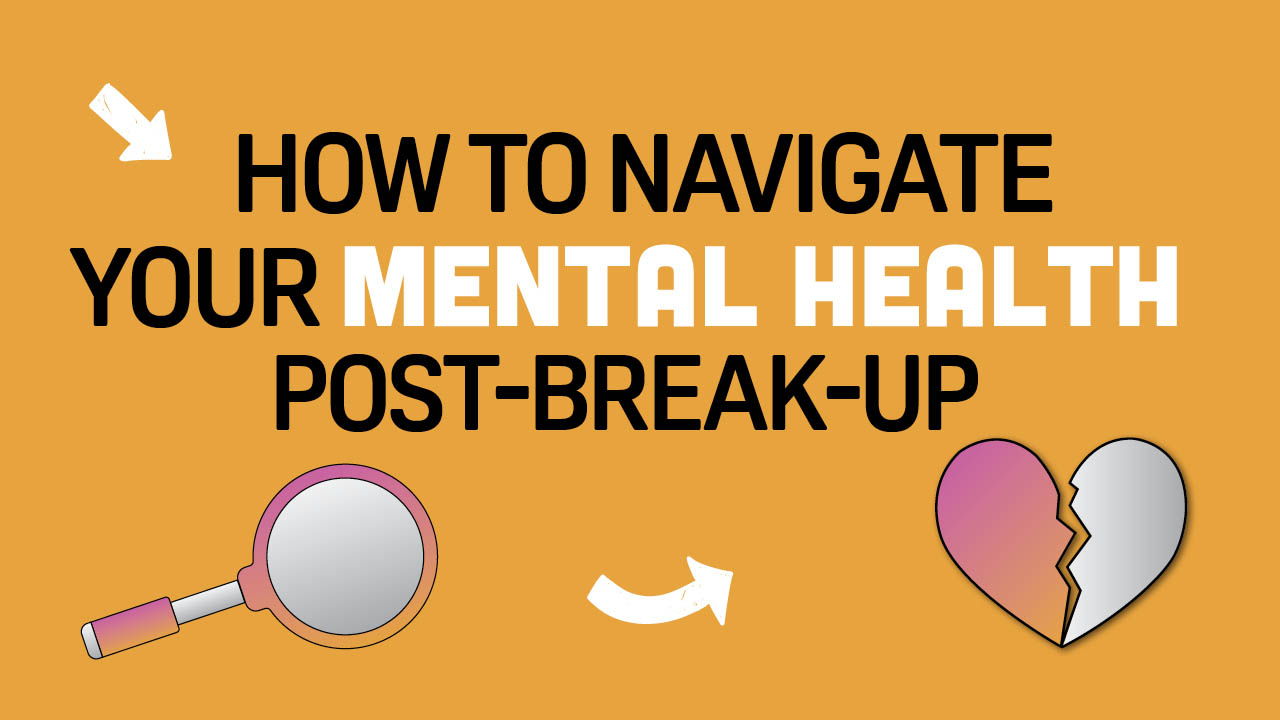How to navigate your mental health post-break-up
 CREDIT: FSU PUBLICATIONS AND COMMUNICATIONS DEPARTMENT
CREDIT: FSU PUBLICATIONS AND COMMUNICATIONS DEPARTMENTGoing through a break-up is something almost every person experiences throughout their lives. The initial phases of a break-up can be painful for most. As time moves along, perspectives tend to shift which allows us to move on. It’s important for students to understand the importance of feeling their feelings fully and not burying them because it might be the easier thing to do.
Registered psychotherapist and founder of Be Well Therapy Studio, Nicole Lobo, said that navigating break-ups is a common theme in her line of work.
“Often, break-ups are unexpected and a really emotional time,” Lobo said. “It’s not something a lot of my clients consistently feel prepared for.”
While not all break-ups are the same, one of the more common factors is the loss of another person. Lobo said that sometimes break-ups can relate to the “grief and loss process.” Whilst someone isn’t actually dying, you are removing them from your life which can often feel the same.
Unfortunately, going to therapy for a break-up is still somewhat stigmatized, which can result in people not getting the help that they need. However, break-ups can have a strong toll on one’s mental health and should be addressed when appropriate.
“Therapy is often helpful for a person to understand the process of what has happened, come to terms with their needs and even understand the next steps moving forward,” Lobo said.
One of the tips that Lobo shared was to “let yourself feel your feelings without shutting them down or avoiding them.” For some, the thought of facing the situation at its facts and head on can be quite a daunting idea. Truthfully, setting aside your feelings for the convenience of hurting later, will only do more damage than good.
“It’s so important to actually process and understand what it is that’s going on for us in those moments so we don’t get lost in the spiral of that grief and loss process that we can feel our way through it and accept our way through it so that we can still attend to life as it needs,” Lobo said.
Another tip that Lobo shared was, “checking in with yourself,” by asking yourself questions such as:
1.How am I doing?
2.What do I need right now?
3.What kind of support do I need right now?
It’s also important to remember that just because someone else might have a specific way of processing their feelings in a similar situation, it doesn’t mean that it will be the way that works for you. Listening and trusting yourself is the key to recovery in a break-up. This can also relate to timeframes in which a person should recover from a break-up.
“Everyone’s needs and experiences are super unique and so putting a timeline sometimes constricts people and makes people feel bad if they haven’t moved on within a month or two,” Lobo said.
A third tip that Lobo shared was to take up journaling as a coping method. This activity can be seen as another way to understand and process what is going on internally.
“Journaling is also a great practice to reflect on what it is that you are feeling,” Lobo said.
For college students who already have such a heavy workload, going through a break-up during that time can be difficult. With the stress of school and work for some, can be quite overbearing when you add a break-up into the mix. Lobo indicated that it could trigger a lot of “distress” and “anxiety” for students.
It’s important for students to understand that if a break-up is putting a strain on their mental health that there is no shame in seeking professional help. Counselling services are provided to help individuals overcome hard times in life and teach individuals coping strategies. Students who are experiencing a break-up while reading this, are reminded that they are not alone in the journey and that there is no calculated answer to your recovery. Your healing process is your own, don’t let anyone take that away from you.















